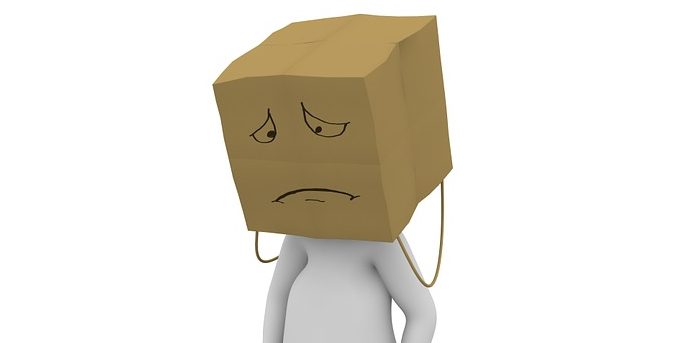We procrastinate about things that do not provide immediate gratification
Procrastination (from the latin pro, meaning ”forward”, and crastinus, meaning ”belonging to tomorrow”) is the tendency to habitually put off doing something. Procrastinators postpone doing things either because they feel unable or unwilling to do them; this is especially true when the thing to be done does not provide immediate gratification.
Procrastination is often perceived in a negative light and is attributed to laziness, a poor work ethic, inability and incompetence. All these negative perceptions foster a feeling of frustration and shame. According to researcher Brené Brown, feeling ashamed impacts our belief in our ability to change.

Procrastination is an adaptive mechanism that is part of our mammalian survival instinct and meant to help us cope with stress.
Procrastination: a mechanism for coping with stress
According to Mel Robbins, author of the The 5-Second Rule (a new method to stop procrastinating), procrastination is an adaptive mechanism that is part of our mammalian survival instinct and meant to help us cope with stress. Neanderthal man used stress like a radar in order to survive. If he needed to leave his cave to go out hunting for food, but suspected that raptors outside the cave were also on the hunt, he may have decided to wait a while before going out, thus avoiding danger and making what was likely the best decision for his survival.
This means that when we procrastinate, what we are avoiding is the stress induced by the task, not the task itself.
I want to quit smoking, but the thought of it stresses me out
To illustrate the mechanisms behind procrastination, I’ll take myself as an example: I am a smoker. Rationally, I know I have to stop smoking. I know that smoking a pack a day may lead me on the road to lung cancer. This brings to mind a saying by Lao Tzu: ” If you do not change direction, you could end up where you are headed.” So, why don’t I quit smoking? Simply because when I think of quitting, I get stressed out and uncomfortable. I see it as a loss, as something I will miss, and I want to avoid that uneasiness at all cost. So, I decide to put off quitting for the time being. In other words, I procrastinate, while lighting a cigarette! Read Nine natural ways to boost dopamine levels… and increase resistance to drugs and alcohol

When their soft body becomes larger, their shell becomes uncomfortably small, which creates a feeling of pressure. When this happens, the lobster finds a place to hide from its predators, breaks out of its shell and produces a new one. So, the stress and discomfort are the stimuli that allow the lobster to grow.
Lobsters, stress and discomfort!
Lobsters have a soft body, encased in a hard shell that does not expand. So how does a lobster grow then? When their soft body becomes larger, their shell becomes uncomfortably small, which creates a feeling of pressure. When this happens, the lobster finds a place to hide from its predators, breaks out of its shell and produces a new one. Eventually, when this new shell also becomes too small and uncomfortable, the same process is repeated. In their first year of life, lobsters can change shells as often as 10 times! So, the stress and discomfort are the stimuli that allow the lobster to grow.
Discomfort and stress drive change
If we took our cue from the lobster and used discomfort and stress as catalysts for change instead of excuses to perpetuate destructive behaviour in order to gain immediate gratification, our chances of changing would increase automatically. Next time you feel the need to procrastinate, why not think of the lobster and use stress and discomfort as a means of forging ahead.
Who would have ever thought that a mammal could benefit from the wisdom of a crustacean?
Isabelle Fortin
Blogger for Portage
Read other articles:
The Two Faces of Drug Addiction






Randy Freese
I like the idea you have here. I Think I may have done something like this to myself without realizing it somewhere along the line. Procrastinating on multiple projects can lead over load, in turn creating more of the same. It can also be put to use as a sense of focus rather than distraction I feel too, or positive focus away from negative distraction, if that makes sense.